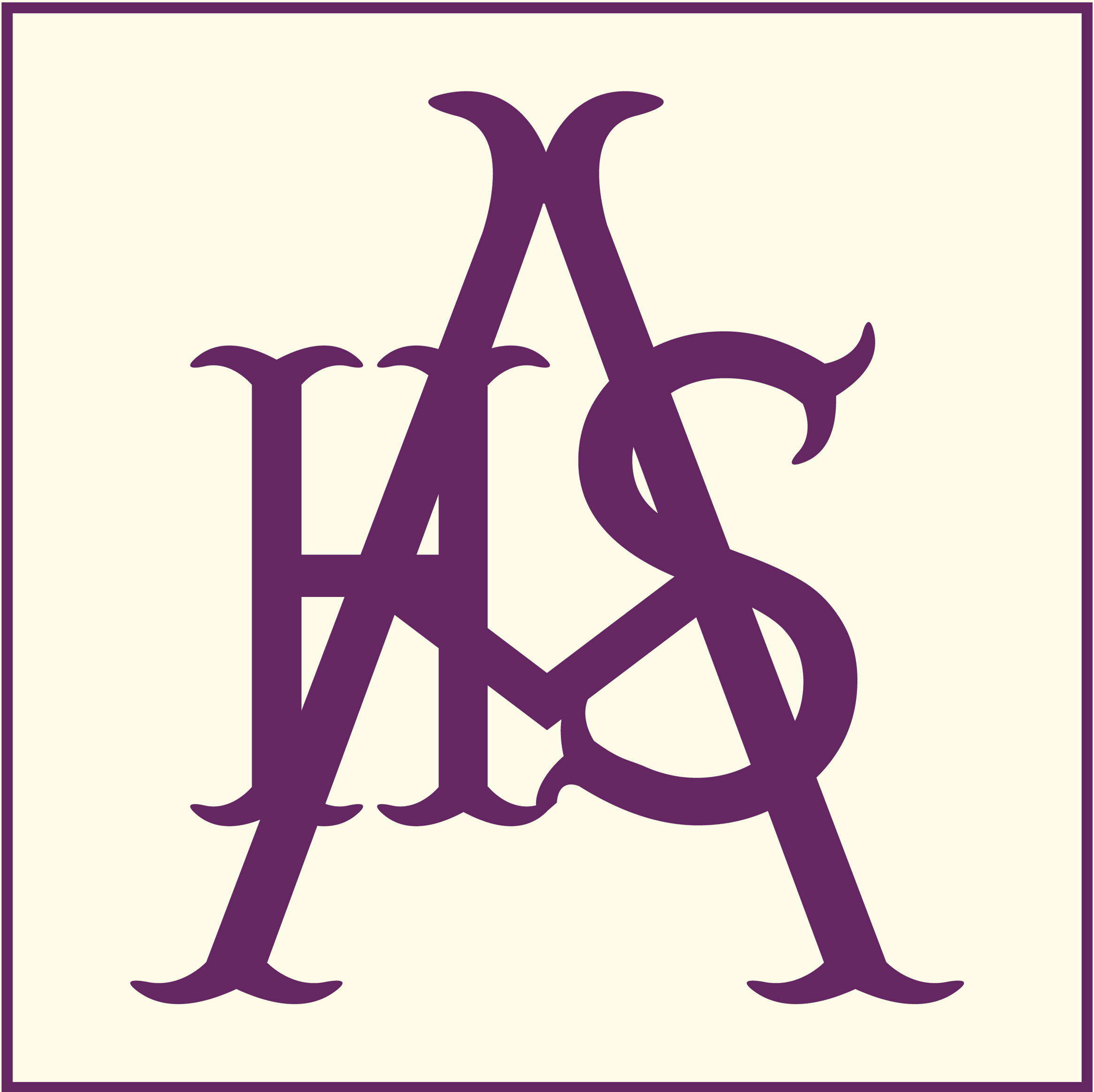The Department of Education has issued a statutory Framework for Nursery settings, known as the Early Years Foundation Stage (EYFS). The framework sets out the legal requirements for the care of young children relating to their welfare care, and their learning and development; it has been based on the theories of Early years’ pioneers such as, Bowlby, Maria Montessori and, Margaret McMillan to name but a few.
The EYFS framework sets out the UK standards for care, learning and development for children from birth to five, the EYFS framework not only provides legal requirements, but guidance structured around seven areas of learning and development which focuses on helping young children achieve their full potential.
The framework enables practitioners to provide activities and make assessment judgements based on the seven areas of learning, they are divided into three Prime areas and four Specific areas.
Prime:

Personal, Social and Emotional Development
This involves supporting the children in developing a strong, positive sense of themselves, and of others; form strong attachments and relationships and develop respect for others to develop their social skills and learn how to effectively manage their feelings. This area also supports the children in understanding appropriate behaviour and develops confidence in their own abilities.
Communication and Language
This Involves the children being provided with the opportunity to experience a language rich environment; develop confidence in expressing their wants, needs and feelings and being able to speak and listen in a variety of contexts.


Physical Development
This involves the children being encouraged to be interactive and active in their learning and develop control, coordination and movement. They are supported in understanding the importance of physical activity and how to make informed healthy choices at meal times.
Specific:

Literacy
This encourages the children to link sounds and letters and begin to read and write. Children are given access to a wide range of reading materials to ignite their interest.
Mathematics
This encourages opportunities to develop and improve counting skills, understanding and using numbers, calculating simple addition and subtraction problems and to describe shapes, space and measures.


Understanding the World
This involves supporting the children in making sense of the world around them and their community by providing opportunities to explore, observe and find out about people, places, technology and the environment.
Expressive Arts and Design
This enables the children to explore and play with a wide range of media and materials, as well as encouraging the sharing of thoughts, ideas and feelings through a variety of activities in art, music, movement, dance, role-play and design and technology.

When planning and guiding activities we will reflect upon the different ways that children learn and ensure they utilise this within their practice, through the Characteristics of Effective Learning which are:
Playing and Exploring – this supports the children’s engagement and investigation and to experience things through being willing to ‘have a go’
Active Learning – this supports children’s motivation to learn by helping develop their concentration, ability and will to keep trying when challenges occur and celebration of completing a task.
Creating and Thinking Critically – this supports the children’s thinking skills through developing ideas, making links between differing ideas and create strategies for completing a task.
The EYFS emphasises that parents are a child’s primary educator and therefore encourages parents to contribute to their child’s learning. Research into early child development shows that children learn more rapidly during the first three years of their lives; whilst all areas of learning are important and inter-connected, the three prime areas are seen as the crucial elements to provoke children’s curiosity and enthusiasm for learning, building their capacity to learn and form relationships and thrive. The specific areas will enable them to be self-motivated learners who are confident to succeed.
For parents, nursery staff will complete a progress check at between 24 – 30 months on their child’s development; this helps to support a review carried out by health visitors who assess the children using the ASQ information summary scales; this helps children to be provided with any additional support they may need before starting school. At Atherton House School we see this as a further reinforcement of the very important role we play in your child’s development by sharing our professional knowledge of your child with yourselves and other caring and educational professionals then obviously your child will reap the benefit.
We always aim to keep you as informed as possible with regard to your child’s development and progresses made within the principles of the EYFS framework through regular dialogue with their key person, through the individual development folder of each child. We value parental opinions in order to help improve the service that we offer and we try to make things as clear and as precise for you as we can.
The Montessori Method
The Montessori Method is a wonderful proven method of learning and development, because it is based around observing the child and providing for their individual needs it fits very well with the theories behind the EYFS.
The Montessori Method has been widely adapted over the years, but for the Montessori Method to be truly adhered to then it must be taught by qualified staff, with supporting apparatus in a prepared environment. It has a particular approach putting the child at its core, and is not just a system for educating.
The apparatus used is self-directed in that it provides the children with motives for purposeful activity perfectly adapted to each stage of their development. A child works and progresses at their own pace with the teacher being more of a positive `guardian angel’ directing and facilitating the child and as they progress they become more active in their own learning.
